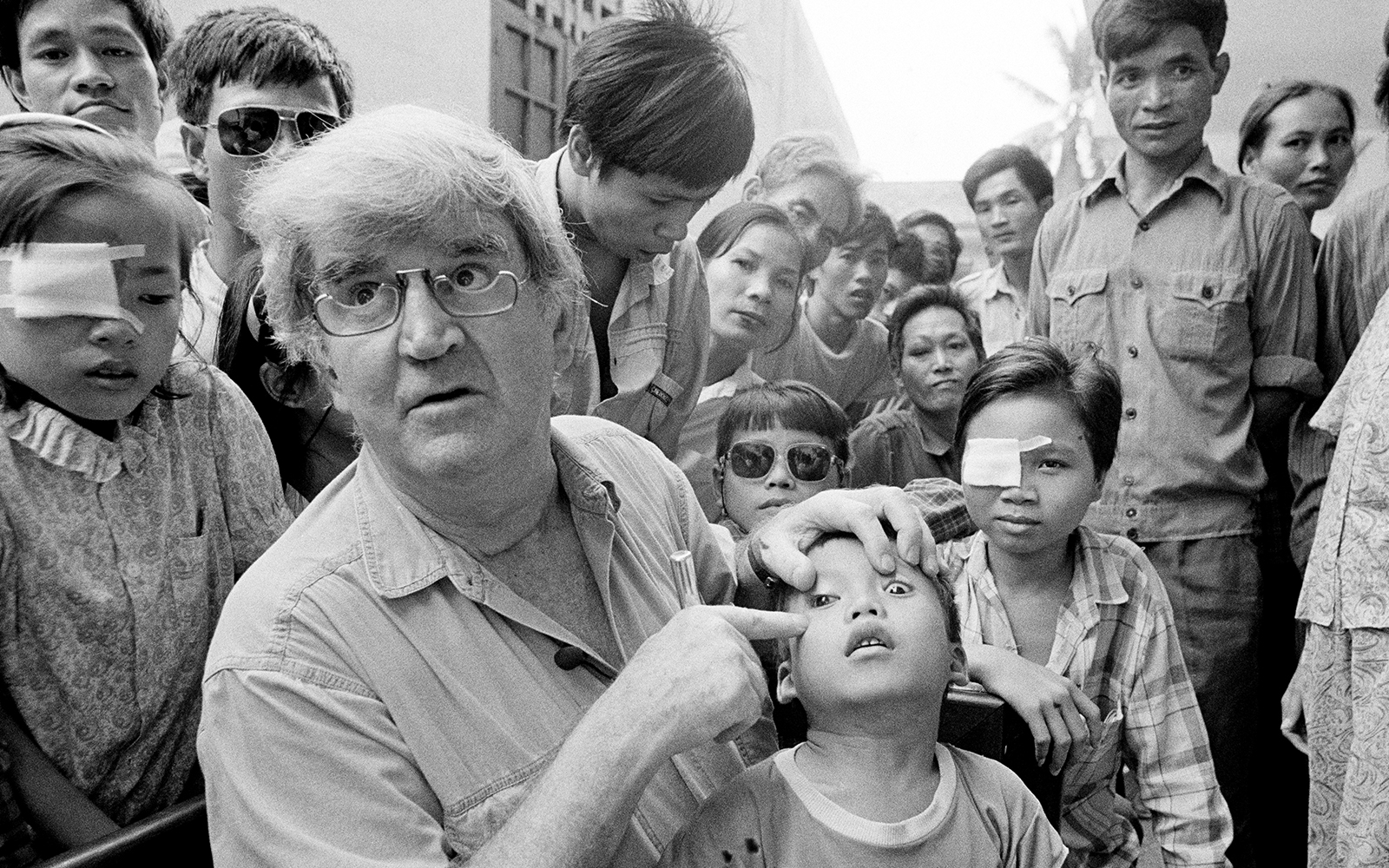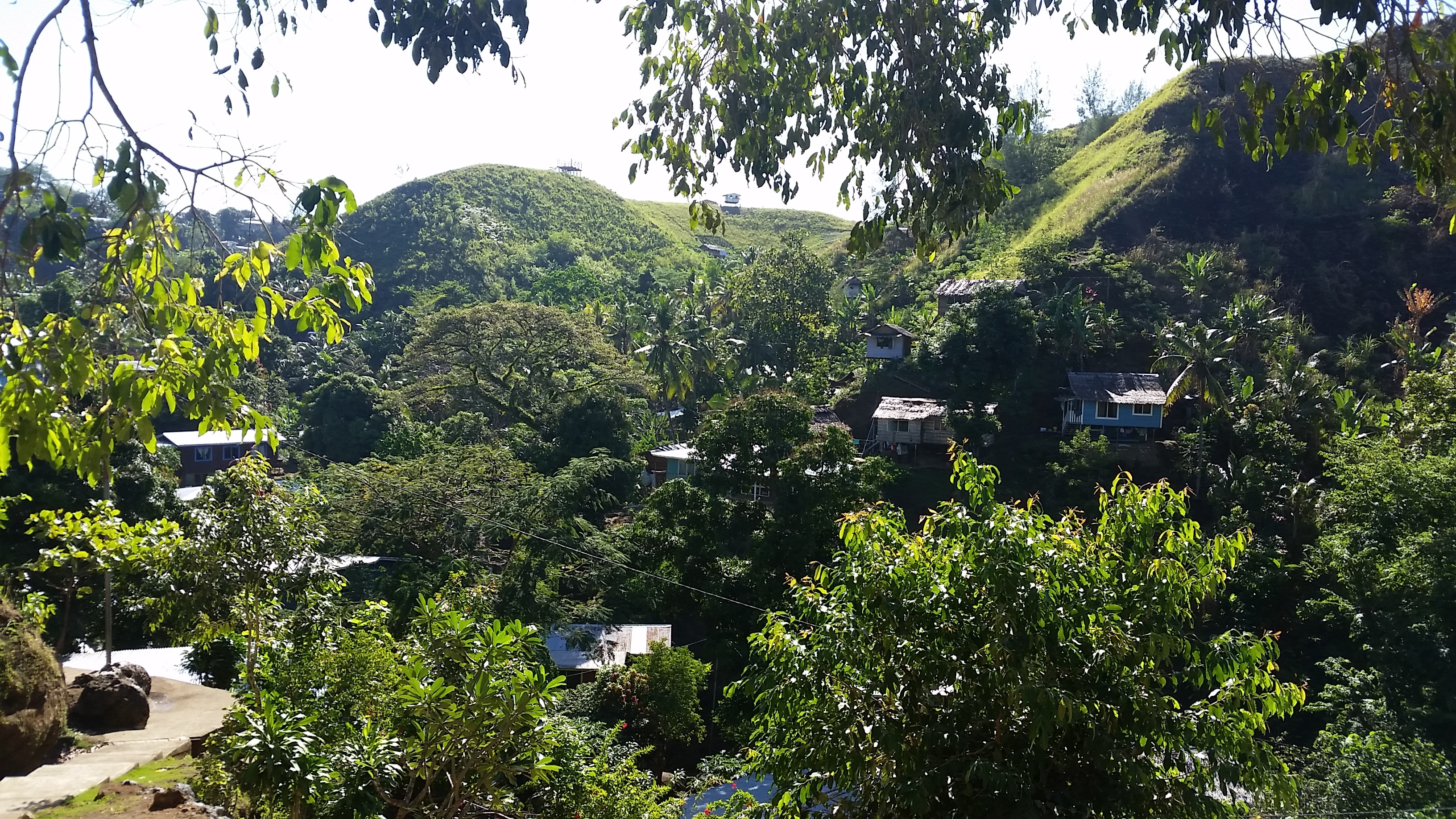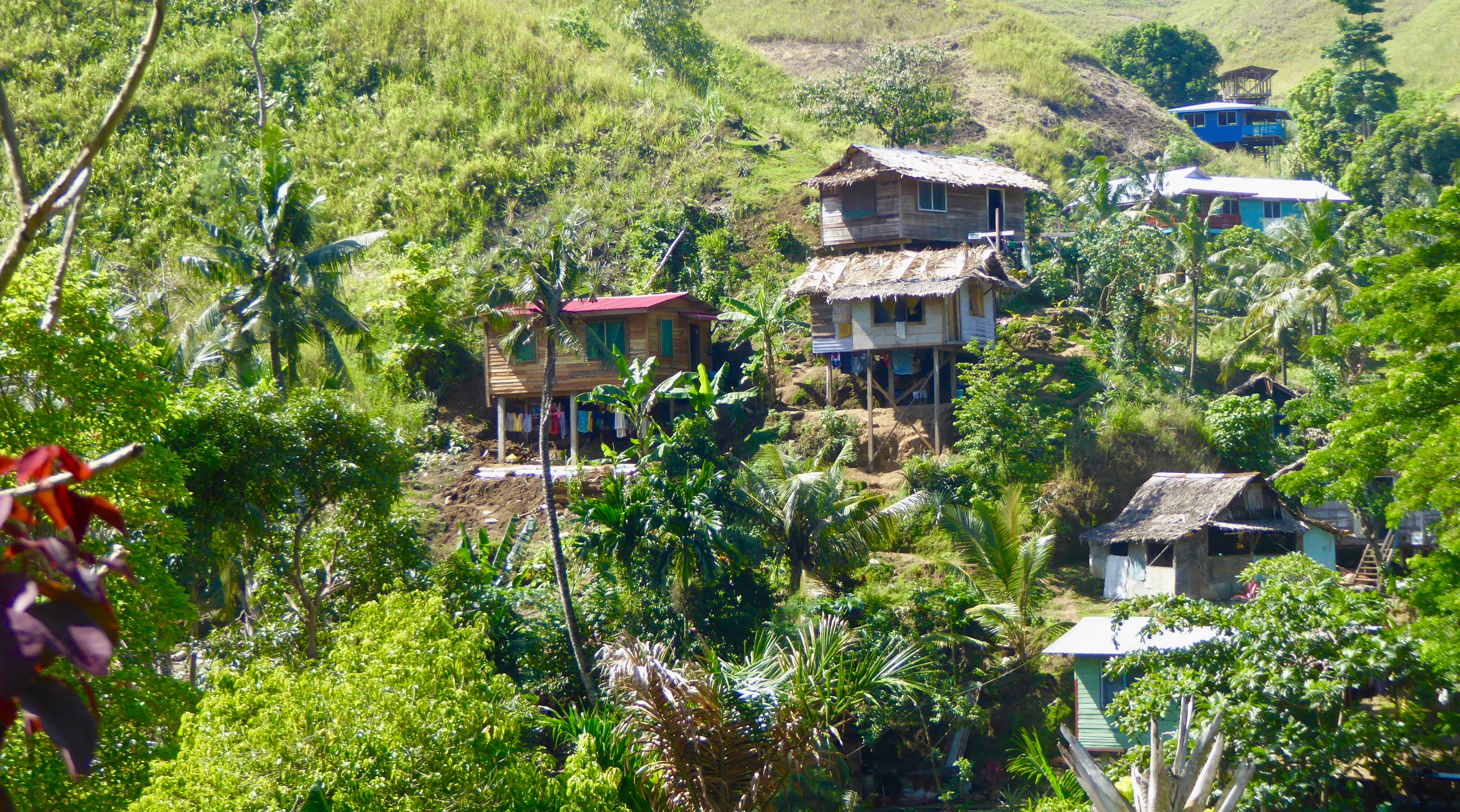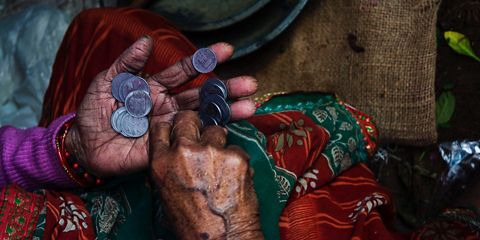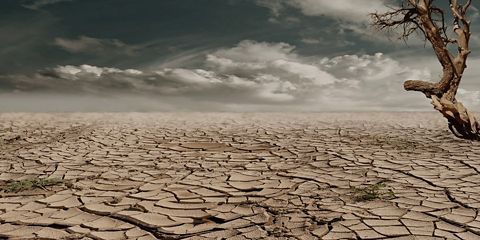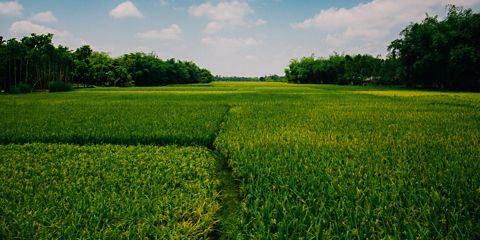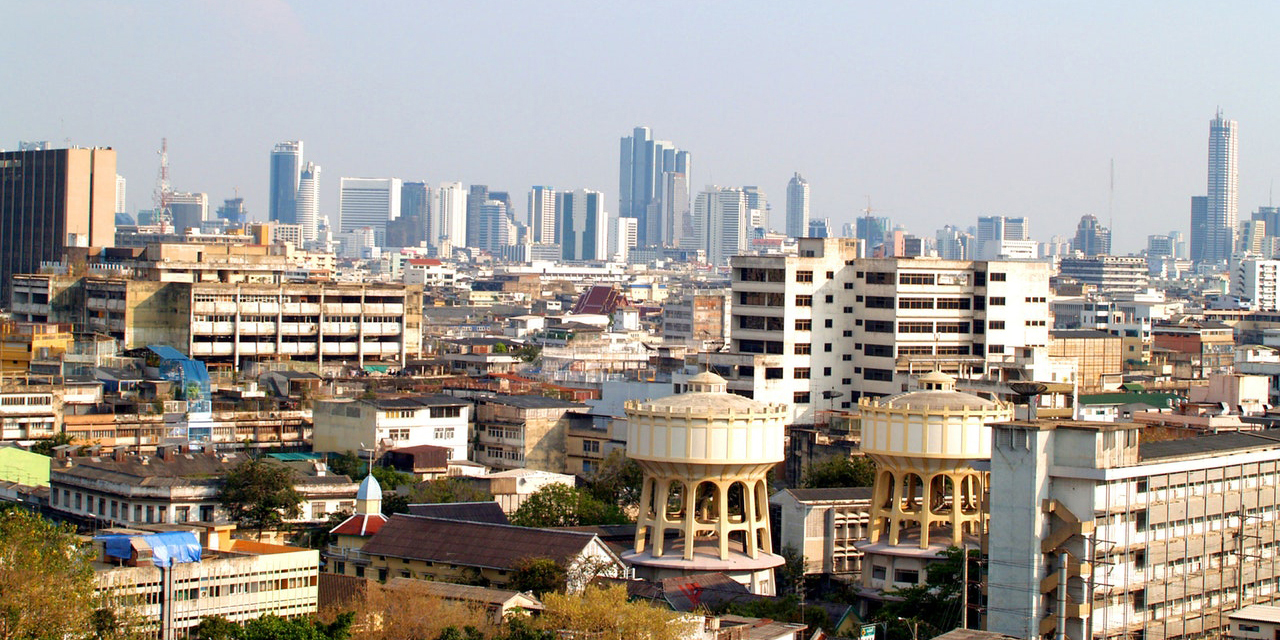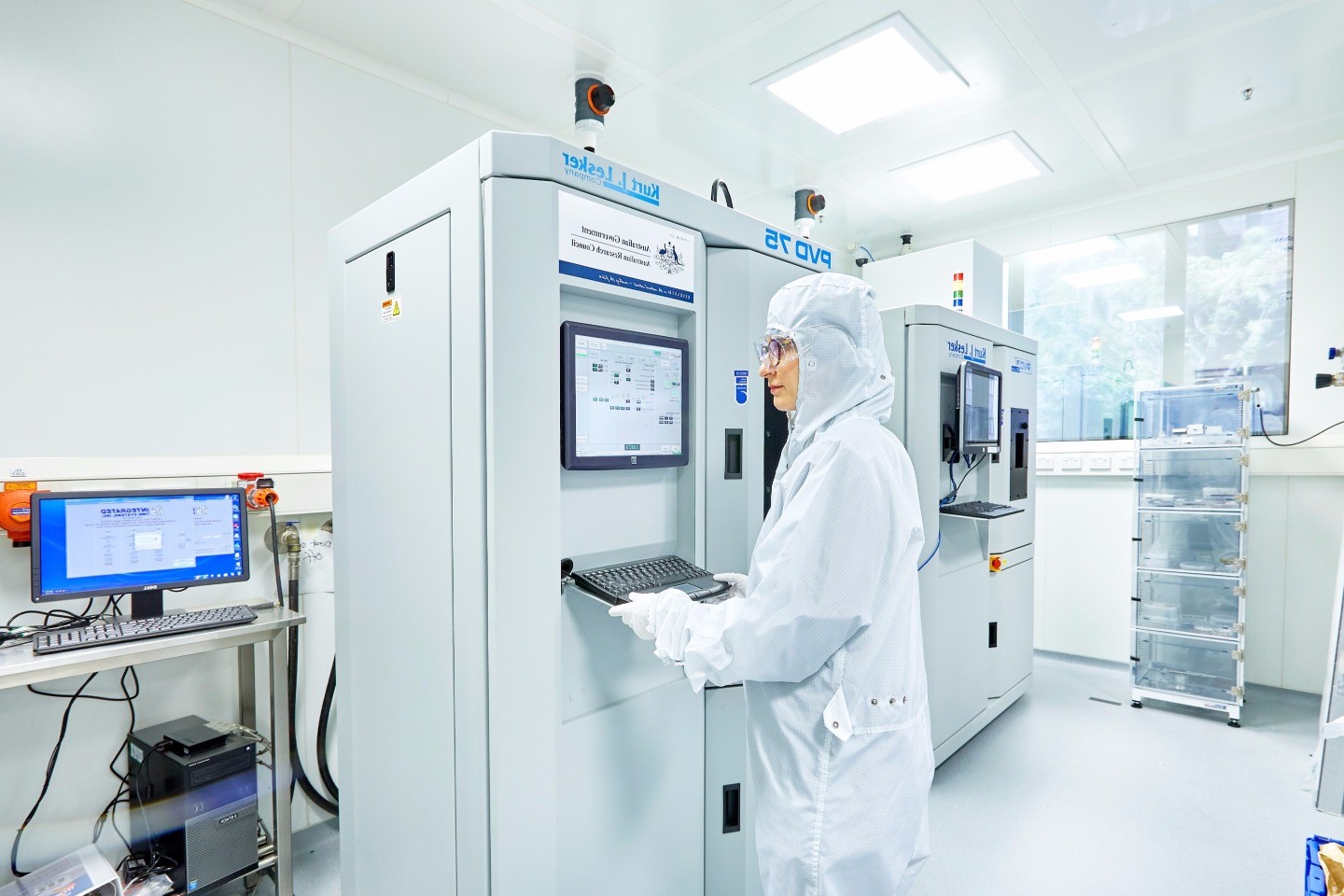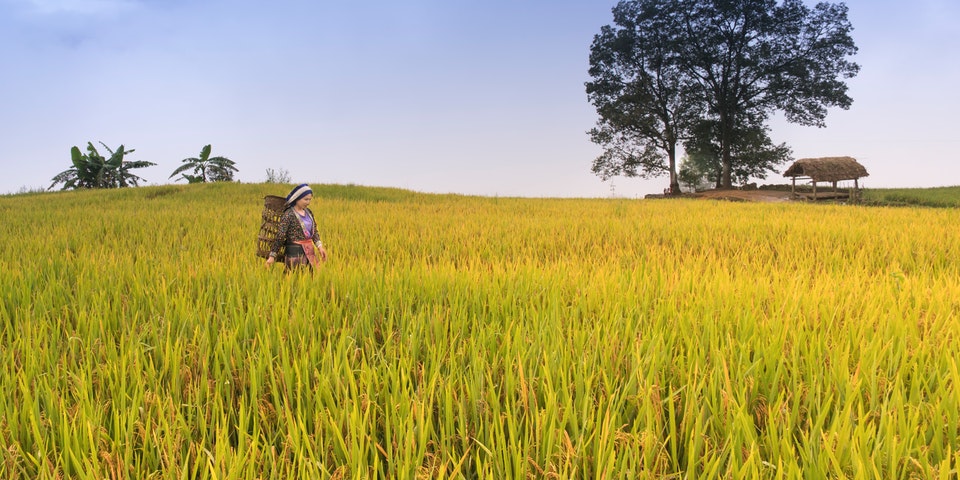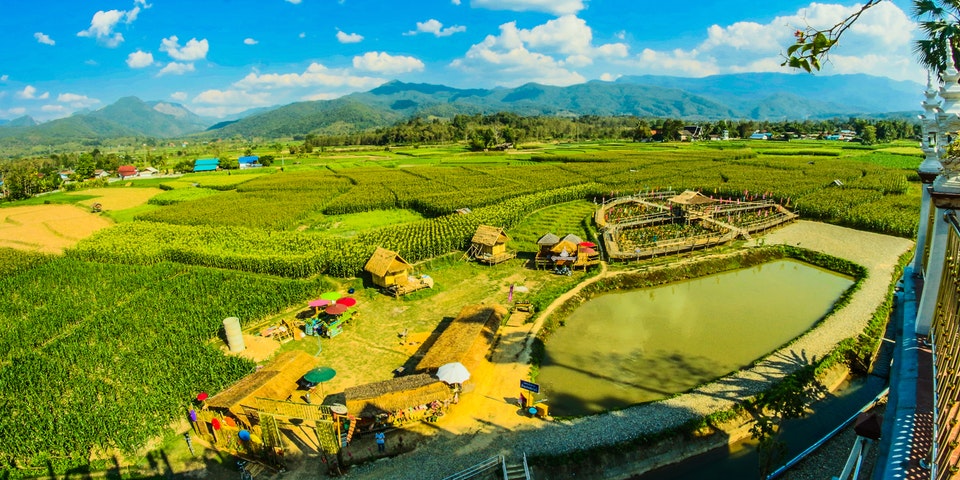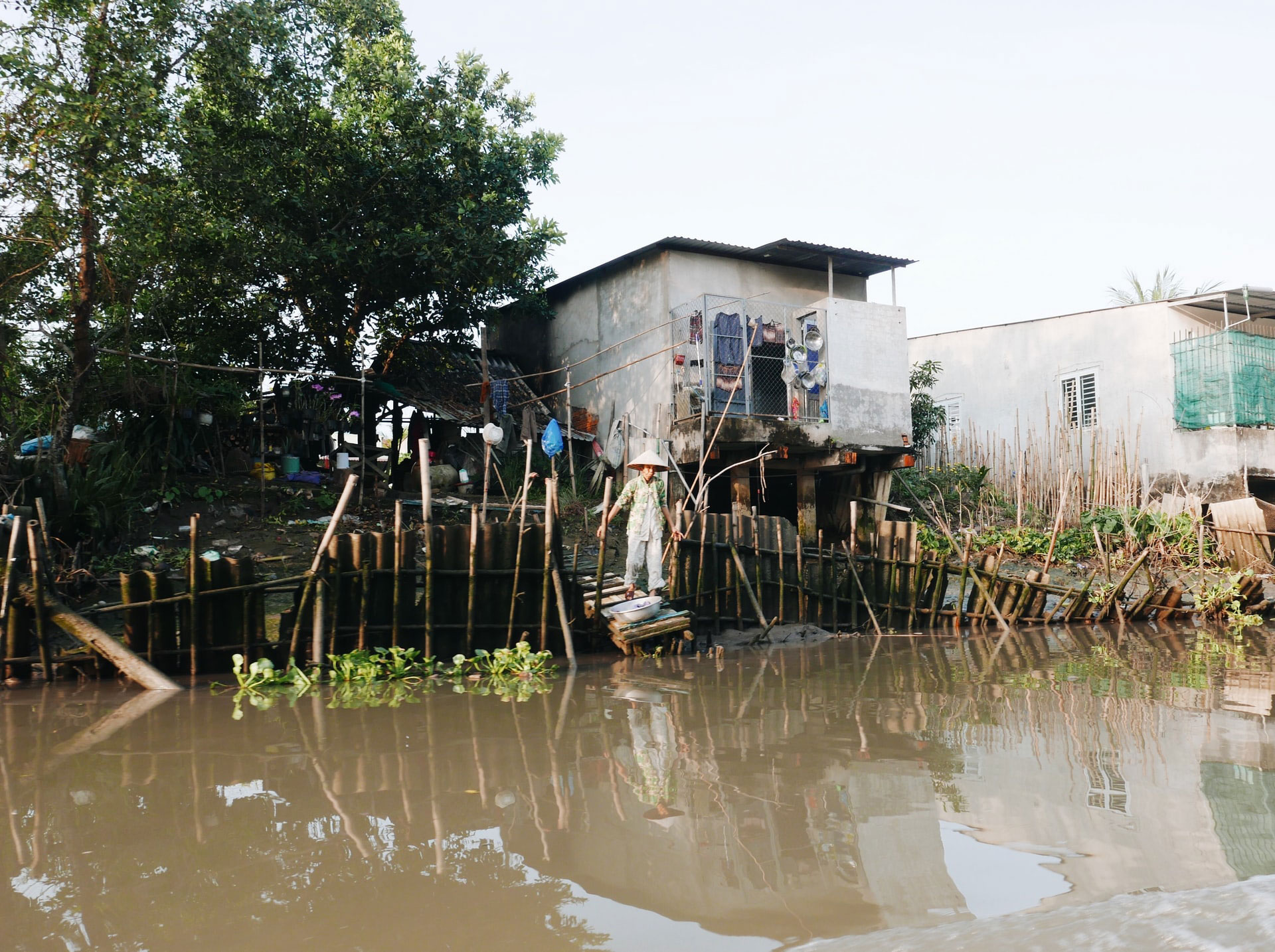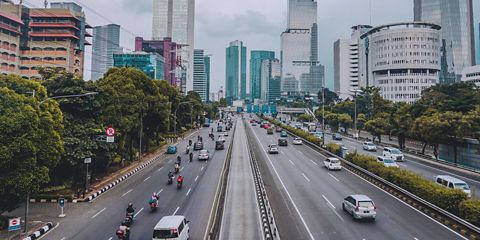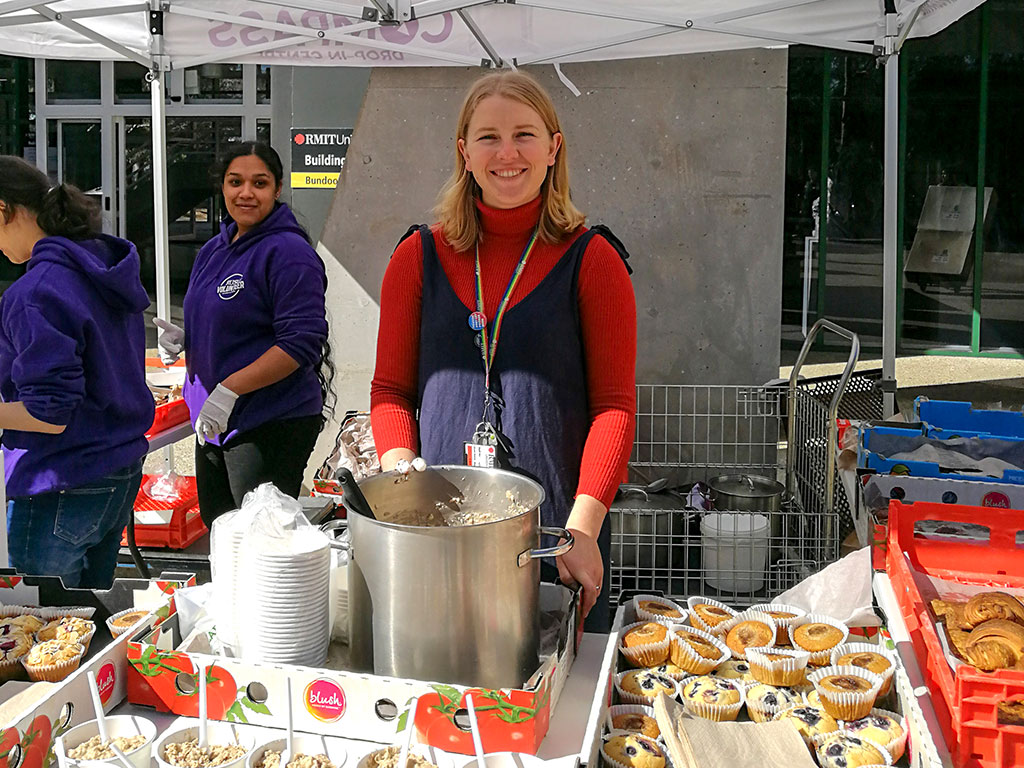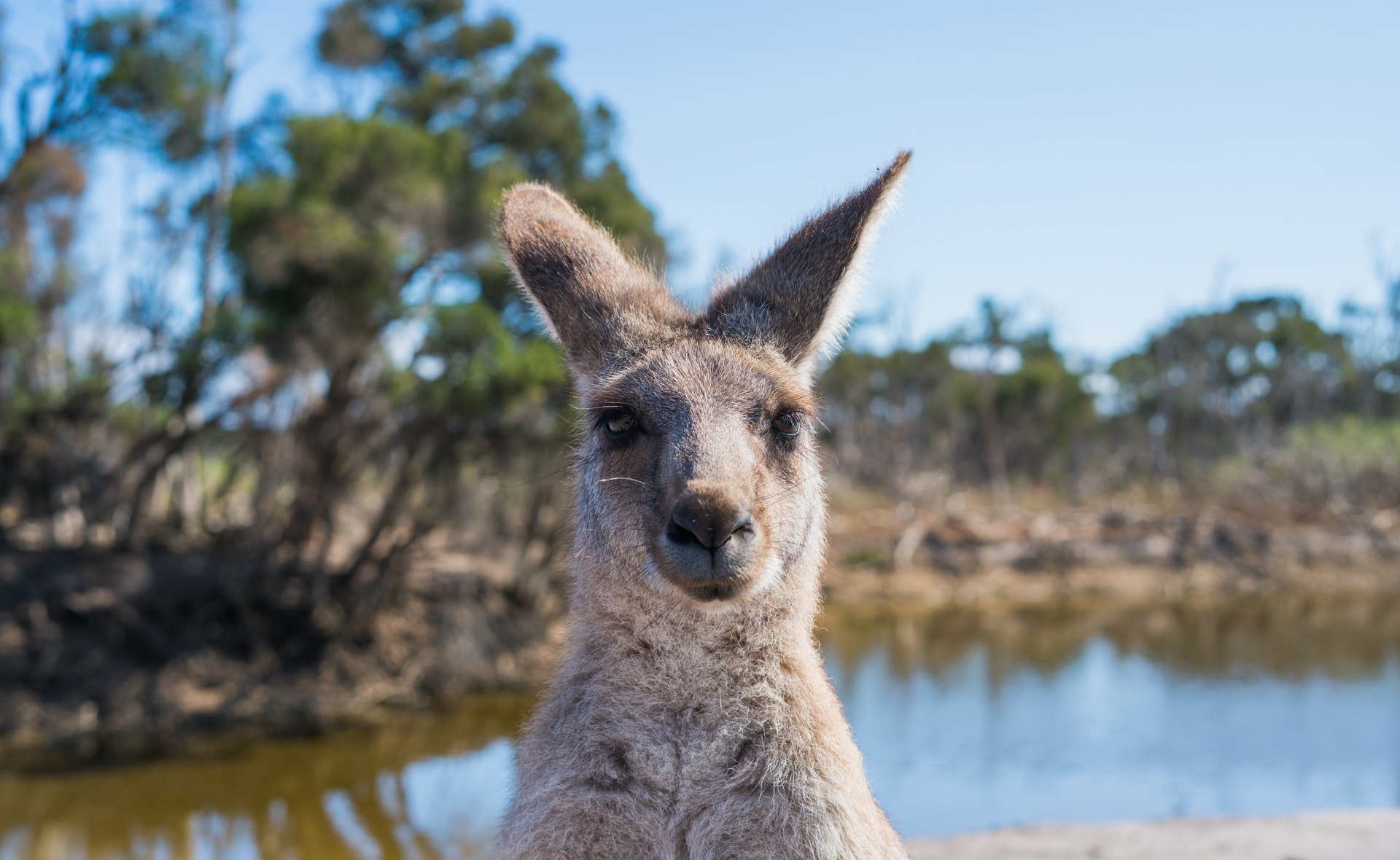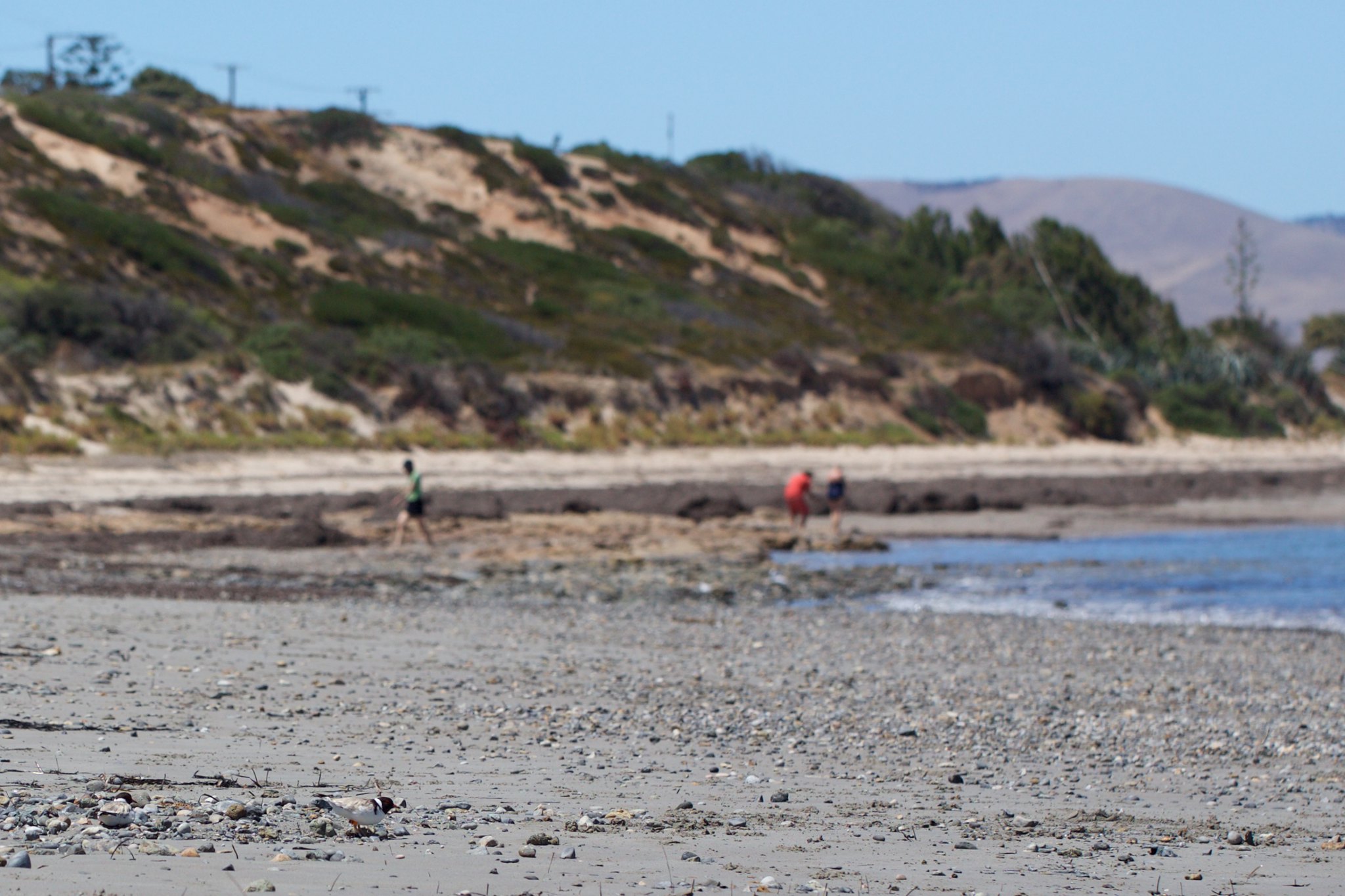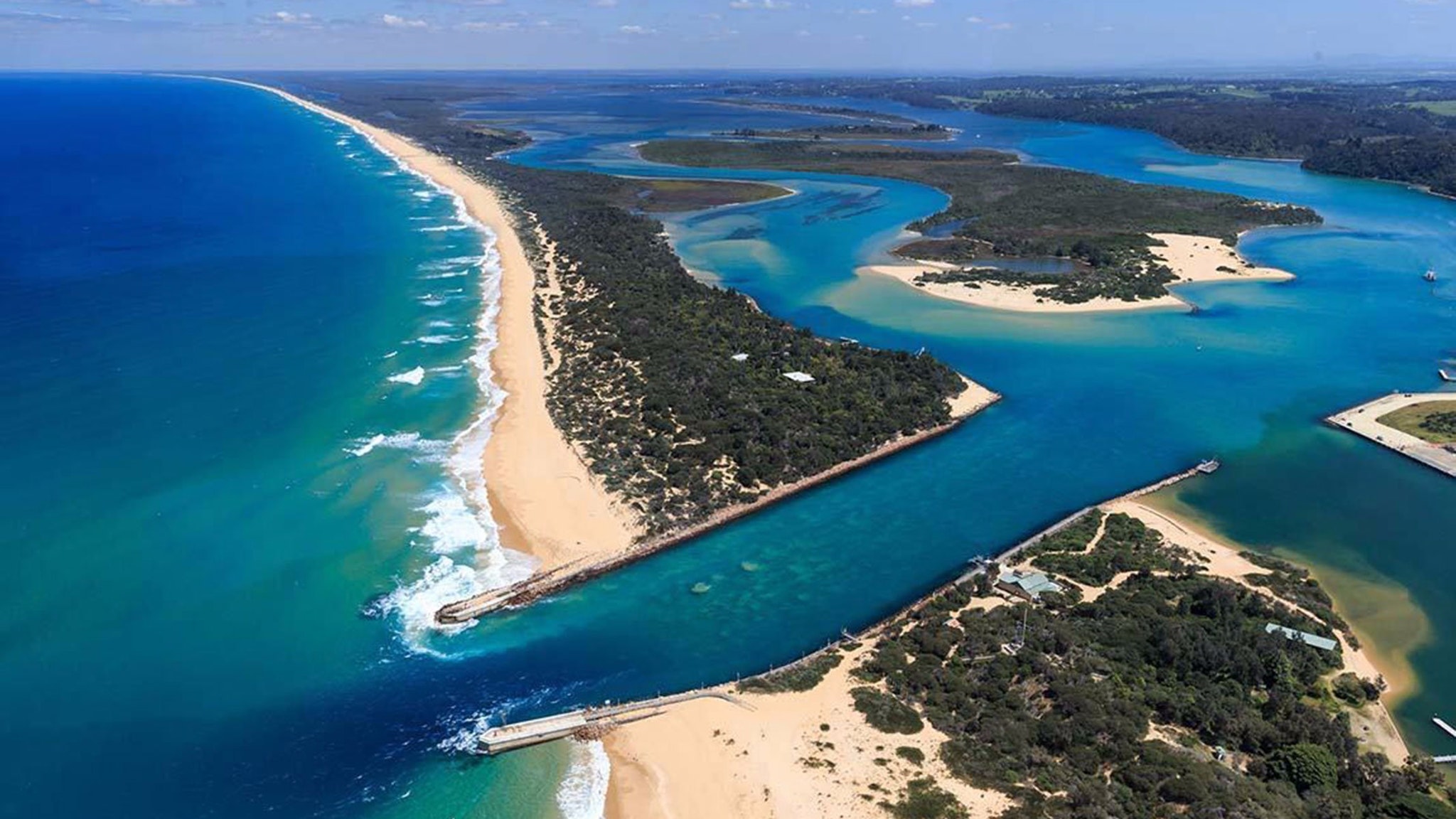Beyond Monetary Benefits of Restoring Sight in Vietnam
This project focuses on visual impairment and blindness from cataracts in Vietnam and a holistic assessment of the benefits of restoring sight from their removal.
Land Tenure and Climate Vulnerability
This research project examines the inter-relationships between land tenure and climate vulnerability.
Comprehensive community profiles for informal settlements
RMIT University is generating comprehensive community profiles though site visits, household and settlement surveys; complemented by different geospatial datasets e.g. LiDAR and drone imagery.
Victorian Public Housing Renewal Program
The purpose of this research project is to provide a critical policy analysis of the Victorian Public Housing Renewal Program (PHRP).
Multidimensional Poverty in Sri Lanka
Sri Lanka is a lower middle-income country that experienced a civil war from 1983 to 2009. While Sri Lanka’s achievement in reducing income poverty is commendable, pockets with striking poverty rates still exist.
The Impacts of Climate Change and Climatic Shocks on Household Wellbeing: Empirical Evidence from Vietnam
Climate change has been widely recognized as a main impediment for progress towards the United Nations Sustainable Development Goals (UN SDGs).
Partnership (including discrete research projects) through role as Non-resident fellow at United Nations University Centre for Policy Research
Following a period as a visiting fellow, Dr Hunt is now a non-resident fellow at the United Nations University Centre for Policy Research (UNU-CPR) in New York.
The Adoption of Sustainable Agricultural Practices in Vietnam
Conventional farming in developing countries contributes to climate change and environment deterioration while bringing negative health effects to both farmers and consumers. Arguable it will not solve the problem of food security.
Measuring, monitoring, and translating urban liveability in Bangkok
RMIT urban health scholars are partnering with the Bangkok Metropolitan Administration to develop and test a suite of open source 'urban liveability' indicators aligned to the UN Sustainable Development Goals (SDGs).
GoNano (Governing nanotechnologies through societal engagement)
Nanotechnologies – the purposeful engineering of matter close to the atomic or molecular scale – have given rise to great expectations in recent years, unlocking new research opportunities in areas as diverse as energy, healthcare, electronics, food, and construction.
Improving the methods and impacts of agricultural extension in Western Mindanao, Philippines
This ACIAR project aims to use community-based extension to improve farmers livelihoods in western Mindanao (Philippines).
Investigating the potential of International Landcare
Landcare, a grassroots community-led approach to sustainable land management, began in Australia in 1986.
Mali and Bougainville: new perspectives on international engagement in complex, heterogeneous security environments
This project aims to contribute to more realistic, effective international efforts to support conflict resolution in complex, heterogeneous security contexts.
Environmental shocks and wellbeing in Vietnam
Globally, natural disasters kill an average of 60,000 people per year. Ninety-five per cent of disaster related deaths occur in developing countries.
International Policing and Civilian Protection in UN Peace Operations
This 3-year project aims to evaluate the contribution of police to the implementation of protection of civilians (POC) mandates in United Nations peace operations.
Sustainable water management system
RMIT has developed an alternative water desalination and irrigation system.
Cultural diversity, conflict experience and spiteful behaviour in Indonesia
Indonesia has a long history of conflict and violence. Following more than 300 years of Dutch or Dutch-backed colonialism, the country’s proclamation of independence in 1945 was followed by four years of revolutionary war against the Allied-backed Dutch.
Foodbank meals via Y waste app
YWaste is an app that facilitates the discounted sale of end-of-day food from quick serve restaurants (QSRs) to consumers, rather than the food going to landfill.
Mergers, amalgamations and acquisitions in the Australian not-for-profit human services sector
The overarching aim of this research project is to identify and assess the dynamics among the key motivations, risks, barriers and opportunities associated with merges, amalgamations and acquisitions (M&As) in the Australian Not-for-Profit (NFP) human services sector.
RUSU’s free meals program
RMIT University Student Union (RUSU) is run by students for students and receives financial grants from RMIT to complete its work.
UAV Monitoring of the Eastern Grey Kangaroo Population in Plenty Gorge Parklands
RMIT is partnering with Parks Victoria to improve understanding of the feasibility of airborne thermal imagery for monitoring large mammals in parks and reserves, where factors such as terrain limit the application of traditional monitoring techniques.
Insect protein: progress, perceptions and prospects
Increasing global populations and changing dietary preferences make it imperative to find a nutritious and sustainable alternative to current animal-based protein sources.
Evaluating interactions of beachgoers and their dogs with local wildlife in Philip Island
Phillip Island Nature Parks (PINP) are currently pursuing a number of interventions and awareness campaigns aimed at reducing conflicts and harmful interactions between off-leash dogs and local wildlife on PINP-managed beaches.
Monitoring for Marine Pests in the Gippsland Lakes
This project investigates thresholds at which invasive species can be managed (eradication control), provide strategies for management of these species, providing early detection as to what species may cause potential impacts to the ecology of the Gippsland Lakes (range expansion).
